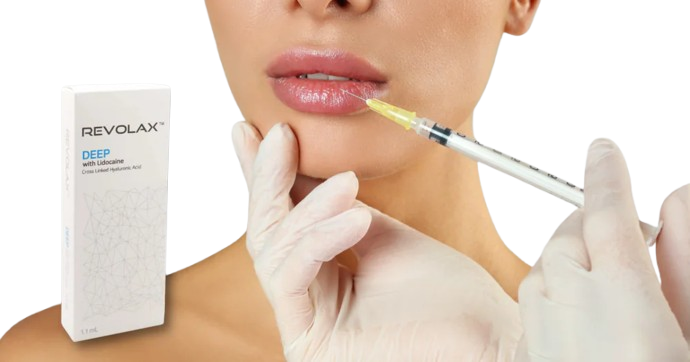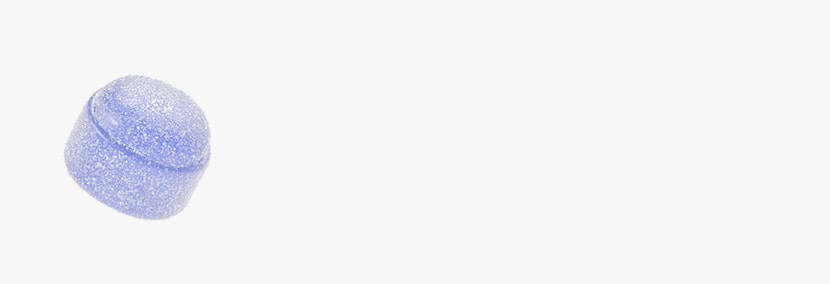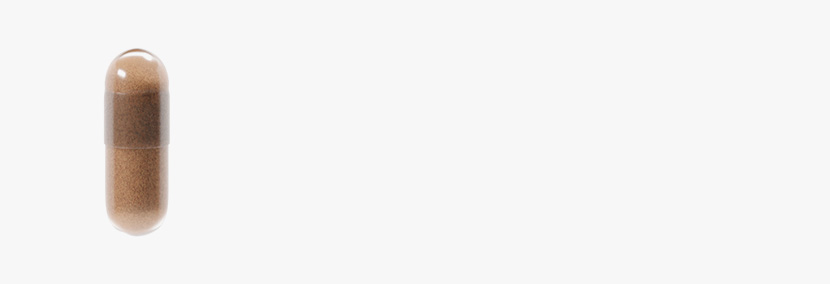Lumigan
Does Lumigan Need To Be Refrigerated?
Sep 4, 2025
A 2023 study revealed that storage temperatures in some healthcare settings varied wildly — from as low as 13.8°C to as high as 42°C. In many cases, the average (mean kinetic) temperatures exceeded safe limits. These extremes can speed up drug degradation, weaken potency, and, most importantly, put patient safety at risk.
This concern is vital for ophthalmic medications, which must remain stable to deliver their intended therapeutic effects. One commonly prescribed treatment is Lumigan (bimatoprost), used to lower intraocular pressure in glaucoma and ocular hypertension. While Lumigan is formulated to remain stable at controlled room temperature, questions often arise: does it ever need refrigeration, and how much can storage conditions really matter?
In this article, we’ll clear up the confusion by looking at whether Lumigan requires refrigeration, reviewing the official storage guidelines, addressing common misconceptions, and sharing practical tips to keep the medication safe and effective.
Key Takeaways
- Store Lumigan at 2°C to 25°C (36°F to 77°F), following official guidelines, to maintain its stability, effectiveness, and safety for proper therapeutic use.
- Refrigeration is not required under normal conditions. Proper room temperature storage within the recommended range is sufficient to maintain the potency of medication.
- Protect Lumigan from heat, direct sunlight, and freezing temperatures, as extreme conditions may reduce effectiveness and compromise the quality of the eye drops.
- Always keep the cap tightly closed after each use to prevent contamination and maintain the sterility of the solution throughout its intended use.
- Store the bottle upright in its original packaging to prevent leaks, avoid contamination, and ensure consistent dosing during each application.
- Avoid locations with high humidity or significant temperature changes, such as bathrooms or kitchens, which can negatively impact the medication’s stability.
- Follow the expiration date on the packaging and safely discard any remaining solution after this date to prevent using compromised medication.
- Proper handling, storage, and adherence to guidelines ensure medication potency, sterility, and safety, helping patients achieve the best possible treatment outcomes.
About: Medical Spa RX provides medical practices with premium products at the best prices. If you’re looking to buy Wegovy online for your practice, the sales representatives at Medical Spa RX can give you guidance.
Official Storage Guidelines for Lumigan
According to the FDA’s prescribing information, Lumigan (bimatoprost) should be stored at a controlled room temperature between 2°C and 25°C. Under normal household conditions, refrigeration is not required as long as the medication is kept away from extreme heat, cold, or direct sunlight. Following these guidelines helps preserve Lumigan’s stability and ensures patients receive the full therapeutic benefit.
Proper Storage Practices for Lumigan


- Keep the bottle upright in its original container to reduce leaks and contamination.
- Avoid direct sunlight and heat sources such as stoves or radiators.
- Store in a dry location, not in areas prone to moisture like bathrooms or kitchens.
- Always check the expiration date before use and safely discard expired bottles.
Maintaining these habits helps protect Lumigan’s sterility, stability, and effectiveness throughout its labeled shelf life.
Common Misconceptions and Practical Considerations for Cooling Lumigan
It’s common for patients to believe refrigerating all eye drops will help them last longer. For Lumigan, this is not necessary. When stored correctly at room temperature, it remains stable without refrigeration. Misunderstandings about storage sometimes lead to extra steps that provide no benefit, or worse, improper handling.
Common Misconceptions
- “Refrigeration increases shelf life.” – Lumigan is designed to remain potent at room temperature when stored as directed.
- “Brief heat exposure doesn’t matter.” – Even short periods in high heat, like leaving it in a hot car, can degrade the medication.
- “All eye drops need refrigeration.” – While some medications do, Lumigan is not one of them.
Practical Storage Tips
- Never leave Lumigan in parked cars where temperatures can rise or fall rapidly.
- Avoid storing in humid areas, since moisture can damage both the solution and container.
- Use an insulated pouch when traveling in very hot or cold climates.
By understanding these points, patients can avoid unnecessary precautions and keep Lumigan safe and effective.
Risks of Improper Lumigan Storage (Refrigeration or Heat Exposure)
Storing Lumigan incorrectly can undermine both safety and effectiveness in managing eye conditions. Refrigerating it until frozen or exposing it to heat may seem harmless ,but can cause real problems for the medication.
Potential Risks


- Reduced Effectiveness: Exposure to high heat or freezing temperatures can degrade the active ingredient, reducing its ability to lower eye pressure.
- Contamination: A loosely closed cap or storage in humid areas increases the chance of bacterial growth.
- Loss of Sterility: Transferring drops to another container or leaving the bottle open exposes the solution to harmful microbes.
- Shortened Shelf Life: Poor storage conditions can cause the medication to break down before its expiration date.
- Eye Irritation or Infection: Using compromised drops may lead to redness, discomfort, or more serious complications.
Keeping Lumigan in its original bottle, tightly capped, and within the recommended temperature range protects both the drug and the patient.
Patient Counseling on Proper Storage of Lumigan
Healthcare providers play a vital role in guiding patients on storage habits. Clear, simple instructions during counseling help reduce confusion and improve treatment outcomes. This becomes even more important when patients compare Lumigan vs Latisse, since the products share an ingredient but differ in purpose and labeling.
Key Counseling Points
- Follow Temperature Guidelines: Store Lumigan between 2°C and 25°C, away from freezing and extreme heat.
- Keep the Bottle Upright: Preserves solution integrity and sterility.
- Close the Cap Tightly: A secure seal maintains sterility and reduces the risk of contamination.
- Avoid Touching the Dropper Tip: Prevents contamination.
- Check Expiration Dates: Discard expired bottles immediately.
- Steer Clear of Humid Areas: Bathrooms and kitchens often fluctuate in temperature and moisture.
- Travel Smart: Insulated cases are helpful when moving through extreme climates.
Refrigeration is unnecessary, and patients should be reminded not to let Lumigan freeze, as this can damage the solution.
Additional Practical Tips for Safe Storage
Beyond official guidelines, small changes at home can make medication storage safer and easier:
- Designate a cool, dry storage area like a cabinet or drawer away from sunlight.
- Use medication organizers to keep bottles upright and reduce the chance of spills.
- Monitor indoor temperatures during extreme seasons to ensure conditions stay within safe limits.
- Keep Lumigan away from food, cleaning products, and other household chemicals.
- Store in a secure location out of reach of children and pets.
These habits add extra layers of protection, ensuring patients always have reliable, safe drops when they need them.
Conclusion
The short answer is clear: Lumigan does not require refrigeration when stored correctly. Keeping it between 2°C and 25°C, upright, sealed, and away from moisture, sunlight, and freezing ensures it remains potent and safe until the expiration date.
Following these practices not only preserves therapeutic benefit but also helps prevent treatment interruptions, contamination, or wasted medication. Patients who handle Lumigan correctly can feel confident their treatment will perform as intended.
FAQs
1. Does Lumigan need refrigeration after opening?
No. Lumigan is stable at room temperature (2°C to 25°C) when stored upright with the cap tightly closed.
2. What if Lumigan is exposed to freezing temperatures?
Do not use it frozen. Freezing can damage the active ingredient and compromise effectiveness.
3. Can I store Lumigan in my bathroom cabinet?
Avoid bathroom storage. Humidity and temperature swings may weaken stability and increase contamination risks.
4. How long is Lumigan safe after opening?
If stored correctly, Lumigan is safe until the expiration date. However, many clinicians advise discarding opened bottles after 28 days to minimize the risk of contamination. This is a general ophthalmic safety precaution rather than a manufacturer requirement.
5. Does sunlight exposure affect Lumigan?
Yes. Direct sunlight can degrade the active ingredient over time. Store it in a dark, cool place.
6. Should I refrigerate Lumigan when traveling?
No. Refrigeration is unnecessary. In extreme climates, use an insulated pouch to protect it from heat or cold.
7. Why store Lumigan upright with the cap closed?
This prevents leaks, contamination, and helps maintain sterility and full effectiveness.
Talk with our sales representative.
Book a Meeting
References
Mbewe M, Mphande FA, Mphande M, et al. Assessment of pharmaceutical storage conditions in health facilities in southern Malawi: a cross-sectional study. Front Public Health. 2023;11:1209903. doi:10.3389/fpubh.2023.1209903
Hanssens JM, Quintana-Giraldo C, Jacques S, et al. Shelf life and efficacy of diagnostic eye drops. Optometry and Vision Science. 2018;95(10):947-952. doi:10.1097/opx.0000000000001288




